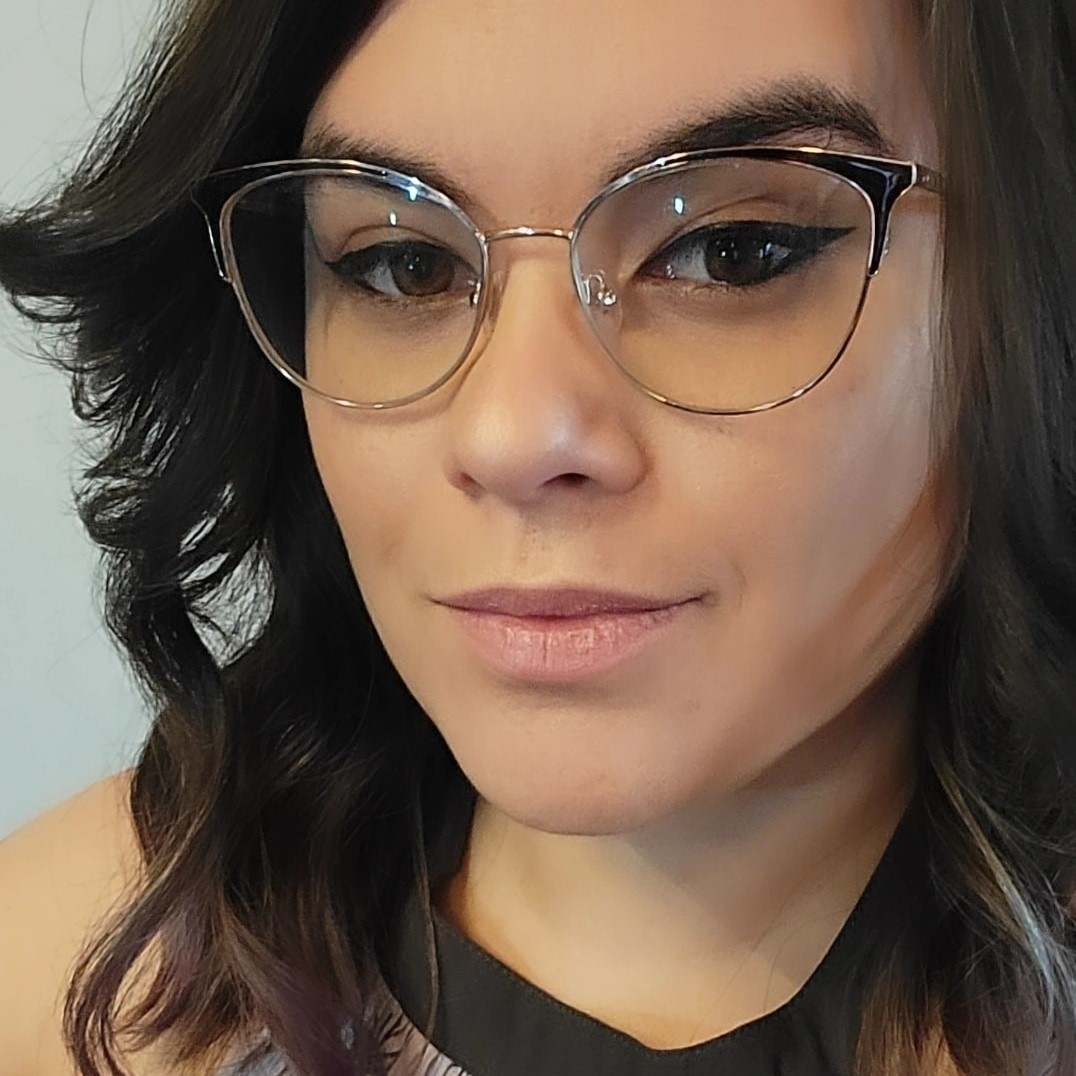About This Project
Polynesian voyaging stands as a testament to the engineering and navigation skills of Pacific Islanders. As our world faces the challenges of diminishing natural resources, the art of canoe building must undergo a transformative journey. This project considers chitin, a versatile natural polymer, as a material for eco-friendly canoe construction. By using innovative bio-reactor technology and repurposing organic waste, chitin could be produced sustainably and used in the future of wa’a building.
Ask the Scientists
Join The DiscussionWhat is the context of this research?
Polynesian voyaging emphasizes a harmonious relationship with the environment, harnessing both innovative and traditional practices. Chitin is a versatile natural polymer found abundantly in the exoskeletons of crustaceans, the cell walls of fungi, and the outer coverings of insects. Chitin is biodegradable and non-toxic in nature and is typically a tough and rigid material. By collecting chitin-rich waste, such as discarded crustacean shells or fungal biomass, and introducing the waste to a controlled environment, fermented microorganisms would be able to synthesize chitin that can then later be extracted. Not only would this produce chitin as a eco-friendly material, it would also power a circular system for waste to be reused sustainably.
What is the significance of this project?
Because of the scarcity of once-plentiful materials like old-growth wood and specific tree species, we must reevaluate our methods of canoe construction. The aim of this project is to not only produce an eco-friendly material but also contribute to a circular system, demonstrating the potential for waste reuse and sustainable practices in modern canoe construction. The scientific and engineering prowess of Polynesian culture and practices have always been at the forefront sustainability and coexistence with the environment, especially the ocean. This project demonstrates a commitment to the preservation of Polynesian voyaging culture and creating an environmentally focused future in material engineering and biology.
What are the goals of the project?
We aim to better understand how chitin may be used as a sustainable building material and how exactly we can produce it. This project's goal is to produce chitin material through a circular system using bio-reactor technology and ultimately use that material in wa'a construction. Key milestones of this project will include the successful collection of organic waste, the construction of a bio-reactor, and the producing of chitin material. We will then explore the potential use of this chitin material in canoe building.
Budget
This is equipment is necessary to perform microbial fermentation to produce chitin. Once chitin is produced, a fluid applicator will be needed to apply it to a mold or as an ablative layer on a canoe. Travel expenses are necessary to meet with different experts to gain more expertise and knowledge in the biological and engineering aspects of this project. Additional expenses will be used in case of changes in cost of equipment and/or needs.
Endorsed by
 Project Timeline
Project Timeline
The project timeline will involve a series of experiments utilizing bioreactor technology, each run building upon the last. Upon obtaining, bioreactor, additional lab equipment, and crustacean waste, we will run our experiments by fermenting chitin. The objective of each experiment will work towards creating an ideal material for molding a canoe. Once this material is achieved, a canoe will be molded and built, with the intention of actively being used as an ocean vessel.
May 13, 2024
Project Launched
Apr 30, 2025
Acquire equipment and materials.
May 13, 2025
Begin experiments.
May 27, 2025
Collect data and results from first round.
May 28, 2025
Conduct following experiments based on previous runs.
Meet the Team
Bri Conlon
I am a student at the University of California, San Diego studying Interdiscplinary Computing and the Arts with a minor in Environmental Systems. I am from the island of O'ahu and graduated from Punahou School in 2021. Having grown up in Hawai'i, I am deeply passionate about the art of Polynesian voyaging and the possibilities it holds for a sustainable future. I believe the key to a healthy relationship with the environment is learning from indigenous and ancient practices that focus on the coexistence of humanity and nature. My skills and background in the arts fuel my enthusiasm for using photography and design to advance environmental solutions and activism.
Project Backers
- 11Backers
- 119%Funded
- $5,959Total Donations
- $541.73Average Donation


